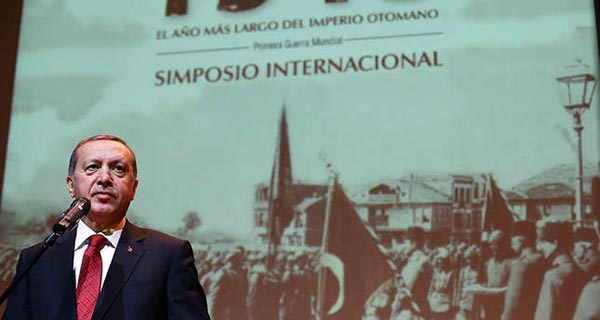LONDON (Panorama.am) — British analytical center, Chatham House published a report on the Four Day April War and its consequences.
The report reflects on the Nagorno Karabakh conflict, involving Armenia and Azerbaijan, which poses a major threat to regional and European security. “Following a surge of violence in early April 2016, international concern has shifted from stabilizing a fragile ceasefire to war prevention”.
“Negotiations have remained deadlocked, with no fundamental change in the parties’ positions, since the early 1990s. As a result the more aggrieved and now rearmed party, Azerbaijan, sees front-line violence as its sole lever of influence to counter the indefinite prolongation of a ‘frozen conflict’,” reads the report.
According to the author of the report, Laurence Broers, Azerbaijan presents its operations of 2–5 April 2016 as a tactical victory and psychological breakthrough, although slivers of territory changed hands for the first time since 1994, little of strategic significance appears to have altered on the ground.
“The most important change is the erosion of the deterrent assumed to exist between Azerbaijan and Armenia,” the author writes.
According to Broers, designed in the mid-1990s, the mandate of the Organization for Security and Co-operation in Europe (OSCE) to monitor the ceasefire is limited and obsolete. “This has resulted in the delegation of security arrangements to one of the lead mediators, Russia, which has sought to create a deterrent precluding all-out war”.
The author concludes that Armenia and Azerbaijan are now suspended in a dangerous security vacuum that needs to be filled by multilateral international action. The scope for that action is defined by external consensus on averting a major new war.
“Institutional and procedural inertia, geopolitical rivalries in neighboring theaters, the cynicism of the parties and deep mistrust between them, and the dividends of symbolic nationalism for unreformed elites remain significant obstacles to negotiating alternatives to the status quo. These factors combine with the erosion of constraints on recursive low-intensity violence to pose significant risks that a large-scale war could occur by default,” the conclusion reads.










